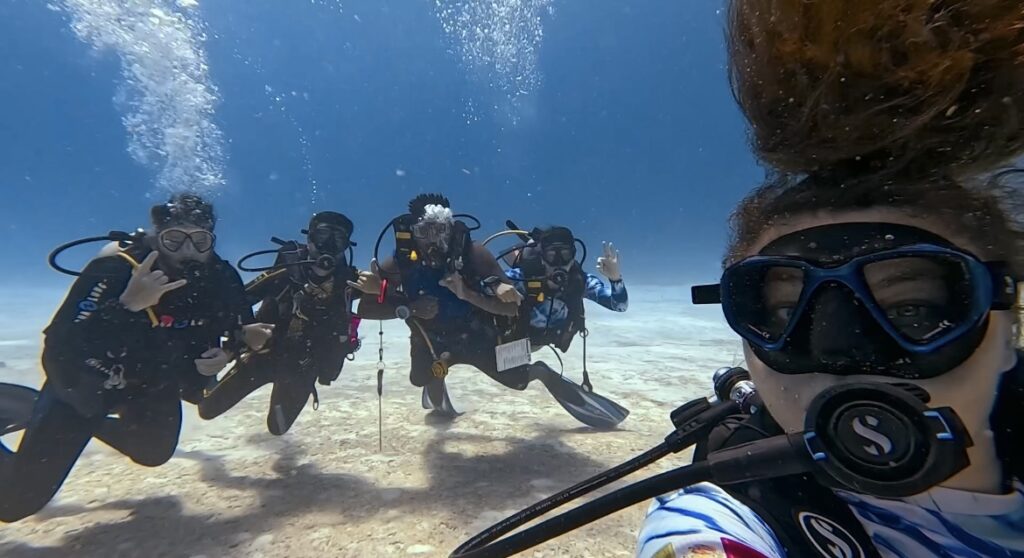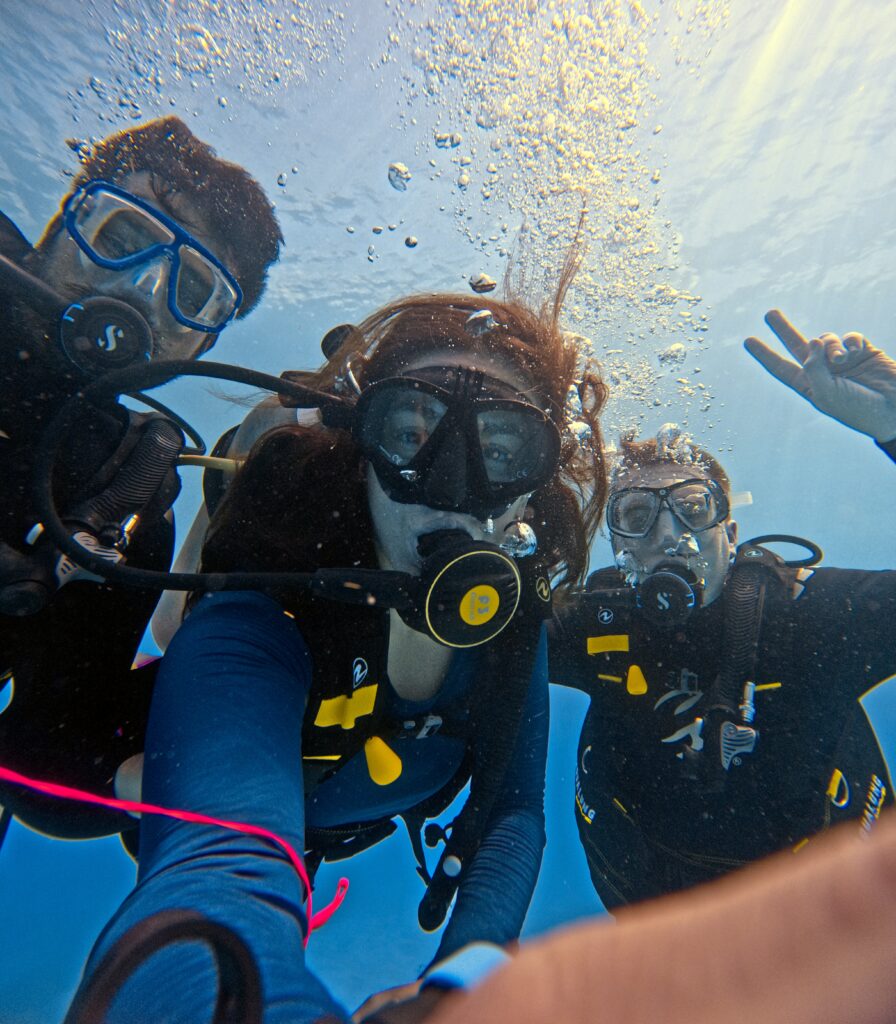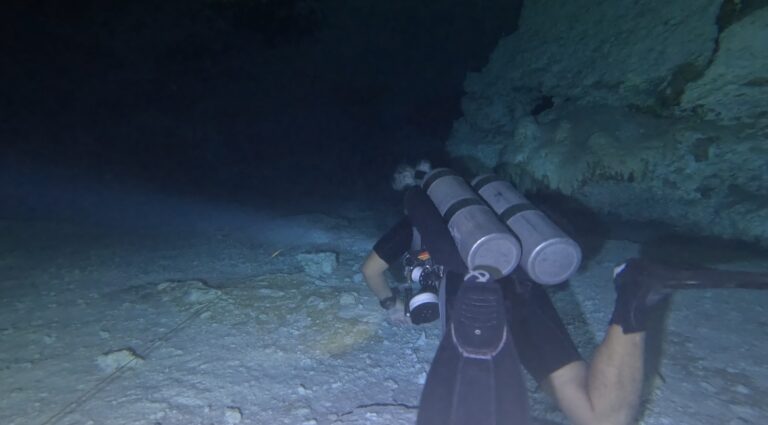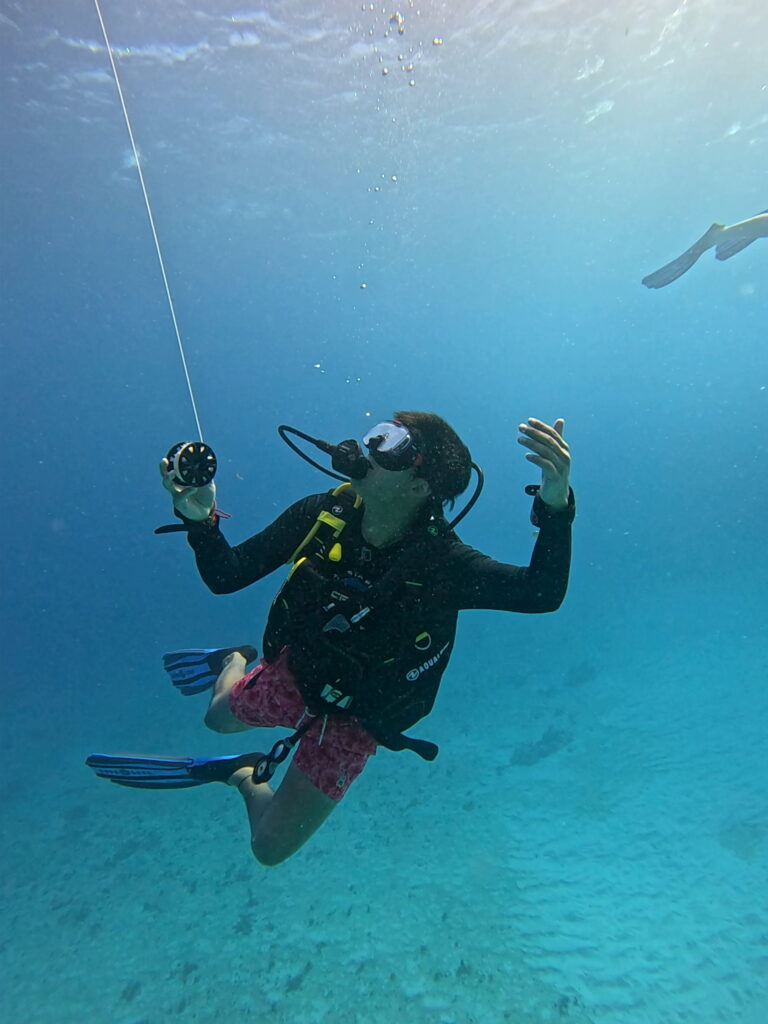Diving is an incredible way to explore the underwater world, but with this privilege comes the responsibility to be a good dive buddy and a respectful diver. Whether you’re a seasoned diver or just starting, understanding dive site etiquette is essential for ensuring a safe, enjoyable experience for everyone involved. Here are some key points to keep in mind to help you be the best dive buddy and diver you can be.
Be Prepared and Punctual
Preparation starts before you even get to the dive site. Make sure all your gear is in good working order and that you have everything you need for the dive. Arriving early at the dive site allows time to set up equipment, do buddy checks, and avoid rushing, which can lead to mistakes. Being punctual shows respect for your fellow divers’ time and helps the dive start smoothly.
Communicate Effectively
Good communication is the cornerstone of being a reliable dive buddy. Discuss your dive plan with your buddy, including the maximum depth, dive time, and any potential points of interest or hazards. Make sure you’re both comfortable with the dive plan and aware of each other’s experience levels. Underwater, use hand signals to communicate clearly. Ensure that you both know and understand the standard dive signals to avoid confusion.
Perform Thorough Buddy Checks
Before every dive, perform a thorough buddy check. This involves checking each other’s gear, including air supply, buoyancy control devices (BCDs), weights, releases, and dive computers. Ensuring your buddy’s equipment is functioning correctly not only increases safety but also builds trust between dive partners. Remember the acronym “BWRAF” (BCD, Weights, Releases, Air, Final OK) to help you remember the essential elements to check.
Respect Marine Life and the Environment
One of the most critical aspects of dive site etiquette is respecting the marine environment. Avoid touching, chasing, or harassing marine life. Remember, we are visitors in their habitat, and our presence should not disrupt their natural behaviours. Be mindful of your buoyancy and finning techniques to avoid kicking up sand or damaging delicate corals.
Maintain Proper Buoyancy and Finning Techniques
Good buoyancy control is crucial for both safety and environmental protection. Practice maintaining neutral buoyancy throughout your dive to prevent accidental contact with the reef or stirring up sediment, which can reduce visibility for everyone. Use controlled, slow fin kicks to move through the water without disturbing the environment or other divers.
Stay Close, but Not Too Close, to Your Buddy
Maintain a comfortable distance from your dive buddy. Being too far apart can lead to separation and potentially dangerous situations, while being too close can cause collisions or restrict movement. Find a balance where you can easily reach each other in an emergency but still have space to maneuver and enjoy the dive.
Be Mindful of Other Divers
Always be aware of other divers around you. Avoid swimming directly above or below other divers to prevent accidents or entanglements. If you’re taking photos or videos, be considerate of others’ views and avoid blocking their line of sight. Be patient with less experienced divers and offer assistance if needed without being overbearing.
Ascend Slowly and Safely
When ending a dive, ensure that you and your buddy ascend slowly and safely, adhering to safety stop protocols. Avoid rapid ascents, as they can increase the risk of decompression sickness. Use your dive computer to monitor your ascent rate and make any necessary safety stops.
Respect Local Rules and Guidelines
Different dive sites may have specific rules and guidelines. These can include restrictions on touching certain species, limits on the number of divers in the water, or regulations on diving near fragile ecosystems. Always familiarize yourself with local rules and respect them. This helps preserve the site for future divers and ensures the safety of all marine life.
Practice Good Boat Etiquette
If you’re diving from a boat, practice good boat etiquette. This includes listening to the dive briefing, following instructions from the dive leader or captain, and keeping your gear organized and out of the way. When reboarding the boat, wait your turn, be mindful of the ladder, and help other divers when needed.
By following these dive site etiquette tips, you’ll not only enhance your diving experience but also contribute to a safer and more enjoyable environment for everyone. Remember, being a good dive buddy and a respectful diver is about more than just following rules—it’s about fostering a community that values safety, conservation, and mutual respect. Happy diving!




